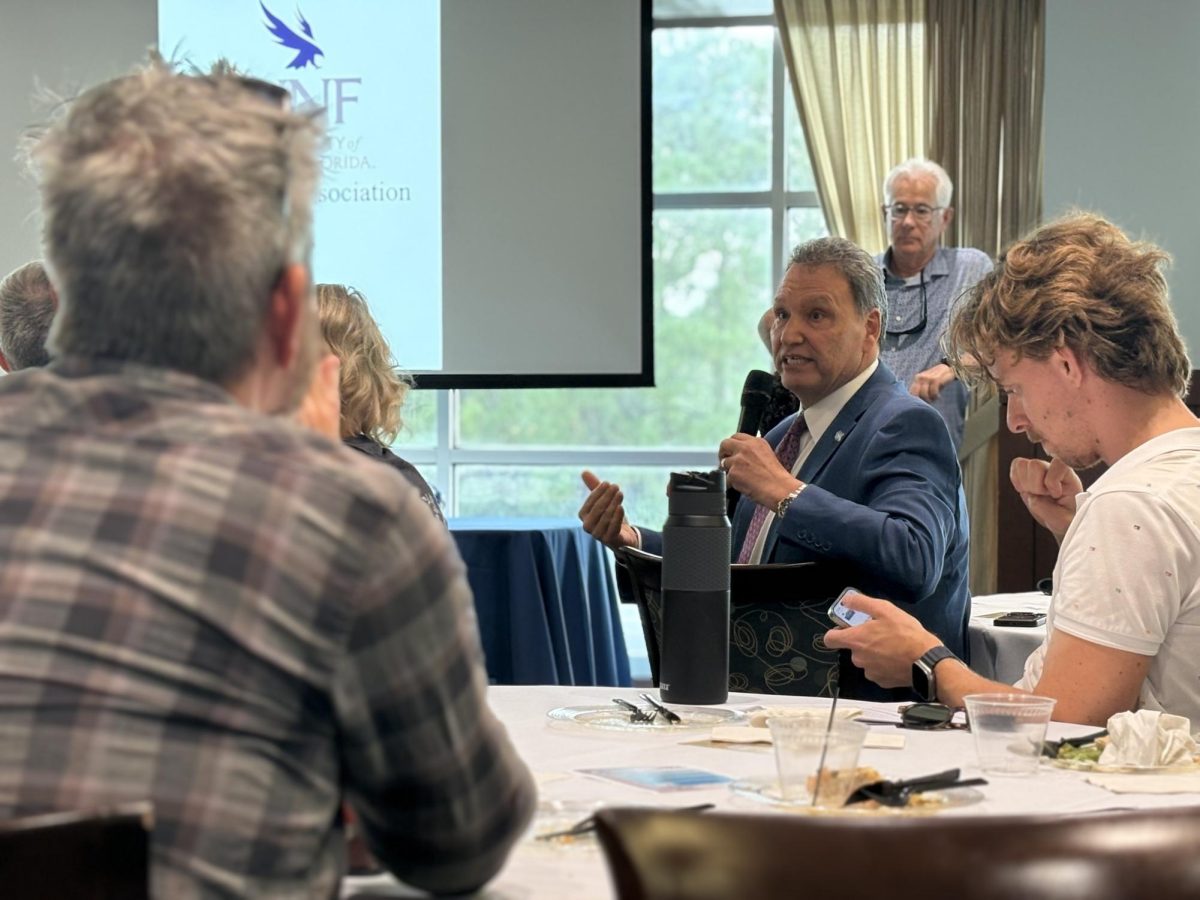The Internet is one of the last great frontiers: it’s expansive, rife with resources and best of all, minimally regulated. But now corporations can control what pops on your monitor and how fast it loads.
The Federal Communications Commision’s Dec. 21 3-2 ruling on net neutrality placed regulations on the Internet — allowing corporations to prioritize content and stifling innovation.
Didn’t the government learn anything from the banking crisis? Letting corporations self-regulate doesn’t work.
Net neutrality is the principle that all Internet traffic should be treated the same. It ensures that Internet service providers can’t restrict users from accessing certain websites and that there can be no “fast lane” created for wealthier media companies. Without protection for net neutrality, Internet providers can discriminate against content or new start-up companies, throttling the innovation and free speech that makes the Web so profound.
The new ruling would no longer protect equal access to all content and prohibit ISPs from blocking legal content on wired networks. Wireless networks such as cellular data plans are not included in the ruling.
What’s more, carriers are now free to create “fast lanes” on the Internet, which means websites would have to pay more money to get access to those speedy services.
ISPs want to host popular content on their local servers, and this so-called “edge-caching” will make content load faster. Essentially, your computer would only have to go across town to get data that it would have otherwise had to go around the world to get. It’s generally a good thing, however, ISPs will be the ones deciding which websites and content get priority. No doubt, websites like Youtube and Facebook will have much more money to throw at ISPs and ensure their content is edge-cached. Meanwhile, smaller websites who can’t pay the big bucks get stuck in the slow lane.
These new guidelines signal an important turning point in the development of the Internet. We are shifting from Phase One — where the Internet is a free, open marketplace for ideas — to Phase Two, which is all about centralization, consolidation, control and money.
This bifurcation is a dangerous instance of what is happening to information itself. We could be entering a world where the rich have better access to information, while the poor have worse options.
The easy access, the peace, the unrestrained freedom of the Internet is coming to an end. What will happen when corporations are in charge of your access to information, or if peoples’ ability to become informed depends on their ability to pay?
FCC Chairman Julius Genachowski and President Obama — who nominated Genachowski — have argued convincingly that they support net neutrality, but instead of proposing regulations that truly protect it, reports indicate Chairman Genachowski has been calling the CEOs of major Internet corporations, seeking their public endorsement of a proposal that would destroy it.
The Spinnaker agrees with Sen. Al Franken, Minn. – D, who said “no true advocate of a free and open Internet should be seeking the permission of large media conglomerates before issuing new rules.”
The Internet is supposed to be a public forum and grand haven of free speech, yet it is still subject to arbitrary onslaughts by the state and powerful commercial interests without any constitutional protections in sight.
The problem is getting worse.
Right now, Google and Facebook are locked in a struggle over which company will control the bulk of the world’s Internet traffic. Before long, millions could find that their e-mail addresses have vanished, the sites they want to visit: gone. The Facebooks and Googles of the world will be able to steer even more users toward their sites by paying ISPs to make their content load faster and better.
We think it’s safe to say that at this rate, our generation will reflect on these last 15 years of the Internet as the good ole days.











